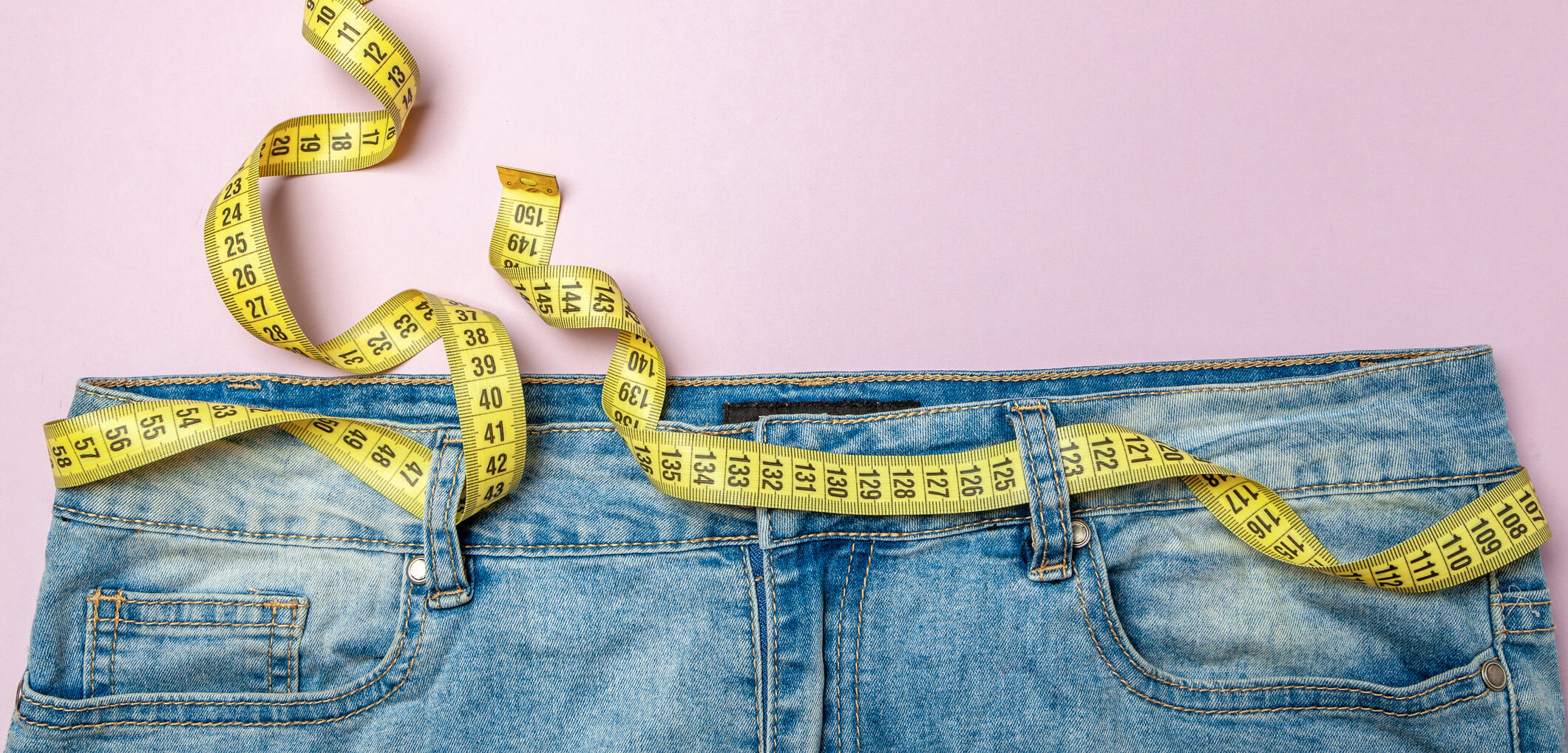Article written by: Molly Ward, LCSW, LAC
Thinking about starting up a new diet or “lifestyle change”? Read this first.
What is Diet Culture?
Have you been hearing this phrase? Let’s talk about what diet culture is and how it shows up.

Read More: “How To Support Your Loved One With Their Eating Disorder”
“Diet culture” is this idea that thinness is the most important value to the human experience.
It’s a belief that we should obtain thinness at all costs and that this is the only way to achieve a higher status.
It tells us that health is the ultimate moral value and that if you are not in a smaller body, then you are not “healthy”.
It teaches us that we cannot be happy until we are thin enough and leaves us in a constant chase, never satisfied.
With diet culture we learn to judge ourselves and others based on body weight, body shape, food choices, and eating habits, among other things.
Diet culture is EVERYWHERE.
Almost every podcast I listen to has an advertisement for Noom. Foods are constantly labeled as “good” and “bad” (last time I checked, food can’t have morals).
Workouts are geared toward burning calories in an effort to loose weight, rather than enjoy movement.
People save up their calories, through restricting food, so they can go out to eat or drink with their friends. And many restrict their eating after indulging over the weekend.
Paleo, Keto or Whole 30 recipes and other elimination diets are all around prioritizing weight loss more than health.
Diet and exercise plans encourage having to “earn” your food. Being applauded for losing weight, no matter how it happened.
Diet culture is engrained in us and is everywhere we look. While it’s not always marketed as a “diet“, lifestyle changes, trends, eating plans and workout classes are almost always geared toward achieving a small body.
Why Should You Care About Diet Culture?
Diet culture messages are damaging your physical and mental health.
Being entrenched in diet culture means consistent feelings of shame, comparison and inadequacy, among many other feelings.
When these emotions come up we start to isolate, anxious thoughts are increased, and we become distracted from relationships and responsibilities.
Not to mention weight cycling, food restriction, and malnutrition all take a toll on our bodies.
If diets worked, you would only have to do it one time.
Studies show that 95% of people are not able to maintain their weight loss.

Read More: “How Therapy Can Support You in Eating Disorder Recovery”
In fact, most people gain back the weight and then some.
For the people that are able to keep the weight off longer, research shows that they typically are only able to do so by participating in disordered eating and start gaining back the weight after 5 years (this is a very small percentage).
The diet industry is a $70+ billion industry (and growing) that profits off of our never ending desires to be thin. Diets do not work.
Your value doesn’t come from your body size or shape.
A lot of us believe that we would finally have happiness if we could just lose that weight or achieve that perfect body. I have some news for you: you’re still going to be the same person whether you’re in a fat body or a thin body.
Our self-worth comes from believing in ourselves, understanding ourselves, connecting with others, and living according to our values.
It does not come from our size, shape or how stringently we can follow a diet or work out regimen.
It’s rooted in white supremacy.
Not only does diet culture say that being thin is the ultimate quest, but being thin and white is the ultimate quest.
Monique Melton, an anti racist educator, author, speaker and podcast host of “Fuck Diet Culture“, says that diet culture “was created to vilify black woman and control white bodies”, particularly female identifying bodies.
The standard of health is based off a Eurocentric white body and perpetuates the systems of white supremacy – just look at the standard for your BMI.
There is no consideration or appreciation for diversity and differences within our bodies.
Letting go of diet culture means gaining back your freedom and time.
When diet culture is present in us, an incredible amount of time is spent either trying to shrink our bodies or thinking about how we could.

Read More: “How Making Changes In Your Life Can Support Your Mental Health”
You can literally spend the rest of your life thinking you are broken or a failure.
It’s not your fault that you’ve spent so much time invested in it up until this point. It is possible to take your time and your life back.
Once you do so, it’s amazing how much more space you have in your life for the things that you love or want to learn about.
We can’t blame ourselves for being victims of diet culture.
We can, however, start to build awareness as to how much it’s showing up and begin shifting how we view ourselves and others.
What would your life look like if you could let go of diet culture?
If you are curious about discovering your relationship with food and your body, therapy can help. You don’t have to struggle through this challenge with yourself and diet culture alone.
Want more resources?
These are a few of my favorite sources to build more of an understanding of diet culture and how it’s impacting your life:
Podcasts:
Food Pysch by Christy Harrison, MPH, RD, CDN
Books:
Anti-Diet: Reclaim your Time, Money, Well-being, and Happiness through Intuitive Eating book by Christy Harrison, MPH, RD, CDN
Intuitive Eating: An Anti-Diet Revolutionary Approach by Evelyn Tribole, MS, RD
Sources:
Monique Melton – https://www.shinebrightschool.com/courses/F-diet-culture-replay
Christy Harrison – https://christyharrison.com/blog/what-is-diet-culture
“Studies” under If diets worked, you would only have to do it one time.
***

Denver Therapist, Molly Ward
Molly is a Licensed Clinical Social Worker and Licensed Addictions Couselor who works with teens, young adults, adults and families providing support for disordered eating, negative body image, substance use concerns, anxiety, depression, and ADHD.
She is trained in family systems, substance abuse, intuitive eating and is HAES (Health at Every Size) aligned.
She uses a collaborative approach to helping clients learn ways of managing life and relationship stress.
Molly joined Denver Metro Counseling in 2019. Follow Molly on Instagram: @therapy_with_molly




